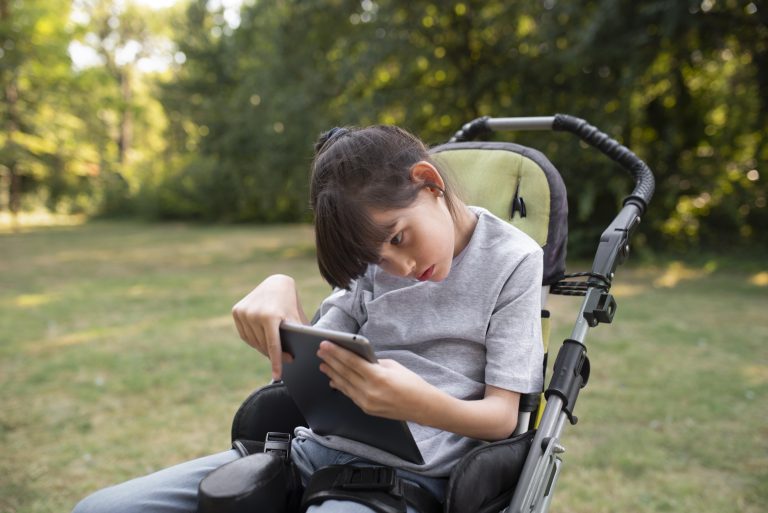
In the constantly changing realm of education, progress in technology has emerged as a great advantage, especially for educators supporting students with distinct learning requirements. New York City, renowned for its diversity and groundbreaking ideas, exemplifies this trend. Within this piece, we shall delve into the transformative impact of cutting-edge language translation and virtual whiteboards on the instructional methods employed to aid students with cerebral palsy.
Unlocking Communication Barriers: Automatic Language Translation
Cerebral palsy can affect a student’s motor skills, making traditional communication methods a challenge. Automatic language translation can be a transformative tool for overcoming these hurdles. It has the potential to break down the language barriers, providing an effective communication bridge between mentors and students who may have difficulty with speech.
For instance, O-Connect offers real-time speech-to-text and text-to-speech functionalities. Imagine a student with speech difficulties wanting to express a complex idea – they can type it out, and the tool will translate it into spoken words. Conversely, the mentor’s spoken instructions can be converted into text, making it easier for the student to understand and follow. This interactive exchange can significantly enhance the learning experience, fostering a sense of inclusion and understanding.
Digital Whiteboards: A Game-Changer in Visual Learning
When it comes to cerebral palsy mentoring, another innovative tool comes in the form of digital whiteboards. These platforms, like the one integrated into O-Connect, allow mentors to visually represent concepts, making them more accessible to students who might struggle with traditional text-based information.
Digital whiteboards allow for real-time collaboration. Mentors can use them to map out thoughts, draw diagrams, and even work through problems step-by-step. Students, on their part, can actively participate, adding their input directly onto the whiteboard. This level of interaction engages students and encourages active learning.
In the bustling city of New York, mentors specializing in cerebral palsy have discovered innovative techniques to refine their teaching approaches, tailoring them to the distinctive requirements of their students with exceptional sensitivity and efficiency. The incorporation of automated linguistic interpretation and electronic presentation platforms extends beyond mere technological integration; it strives to nurture an encompassing educational atmosphere that appreciates and attends to the individualized necessities of every learner.
The future of education is inclusive, adaptive, and powered by technology. For cerebral palsy mentors in New York and beyond, tools like automatic language translation and digital whiteboards are the keys to unlocking this future.